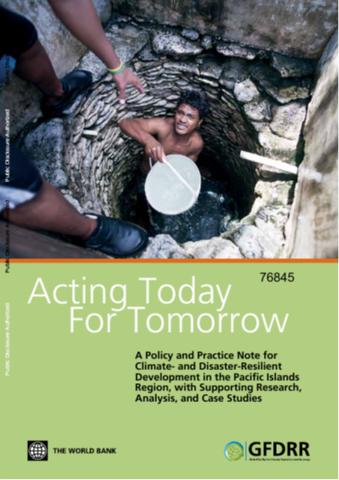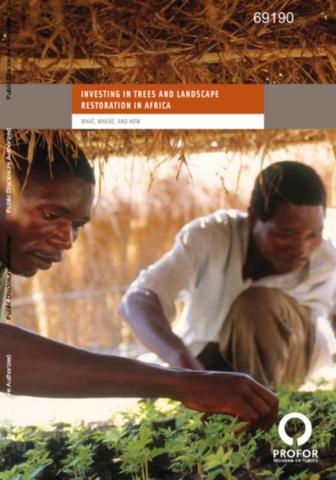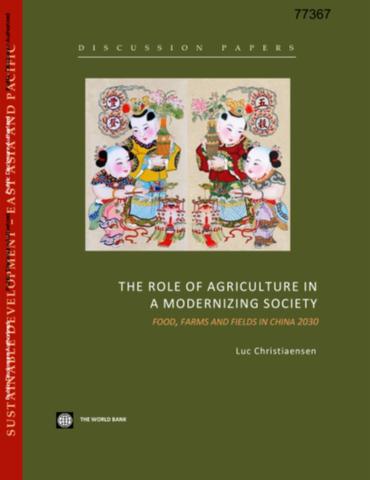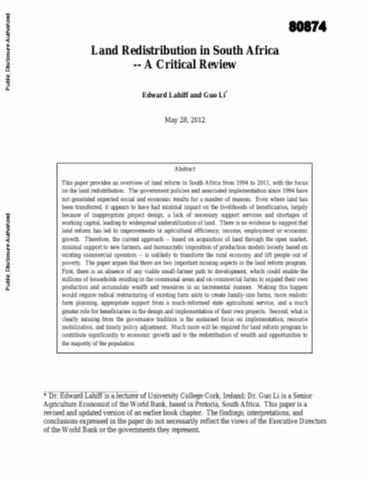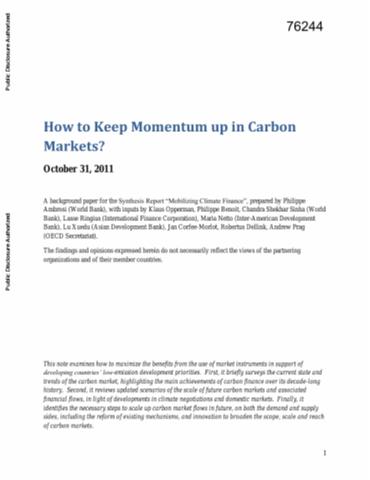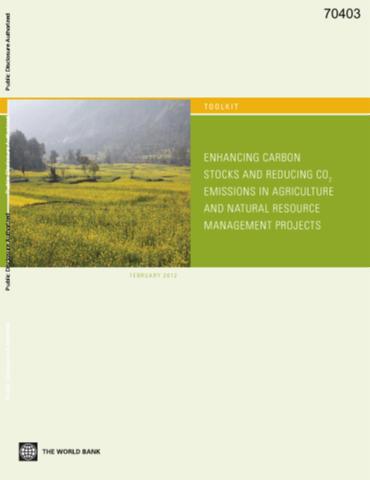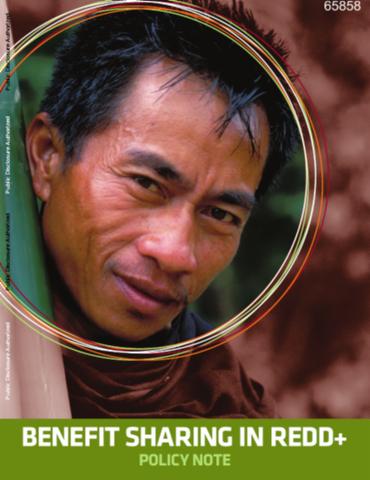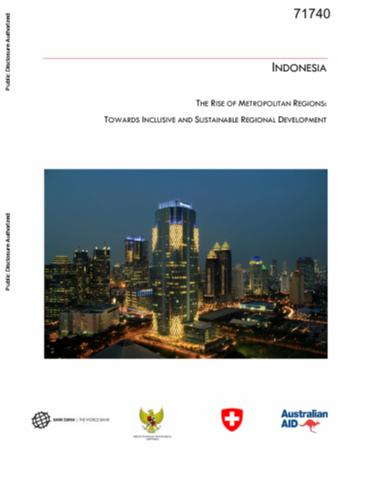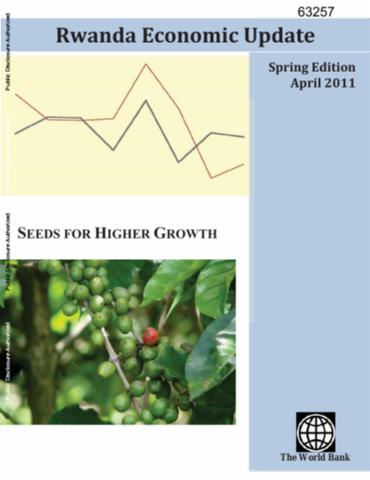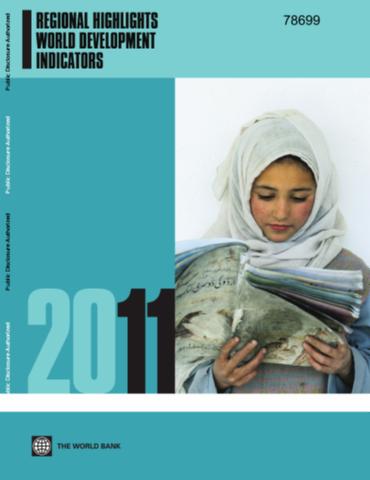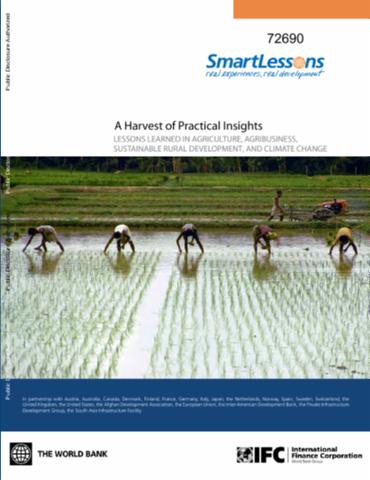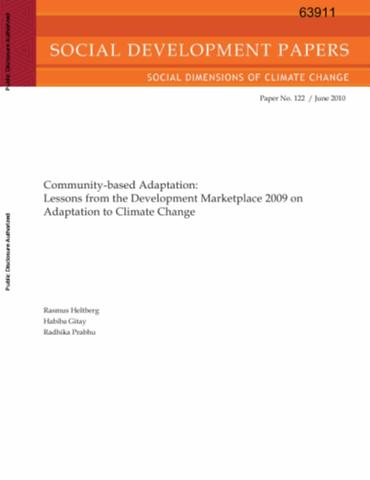Acting Today for Tomorrow
Pacific island countries continue to be among the most vulnerable in the world: they combine high exposure to frequent and damaging natural hazards with low capacity to manage the resulting risks. Their vulnerability is exacerbated by poorly planned socioeconomic development, which has increased exposure and disaster losses, and by climate change, which has increased the magnitude of cyclones, droughts, and flooding. Currently, inefficient management of risks negates development gains and incurs large costs for national and local governments.

